Parking lots take on a lot of wear and tear throughout their lifetime, and while most parking lots are made from asphalt, it is far from an ideal material for longevity.
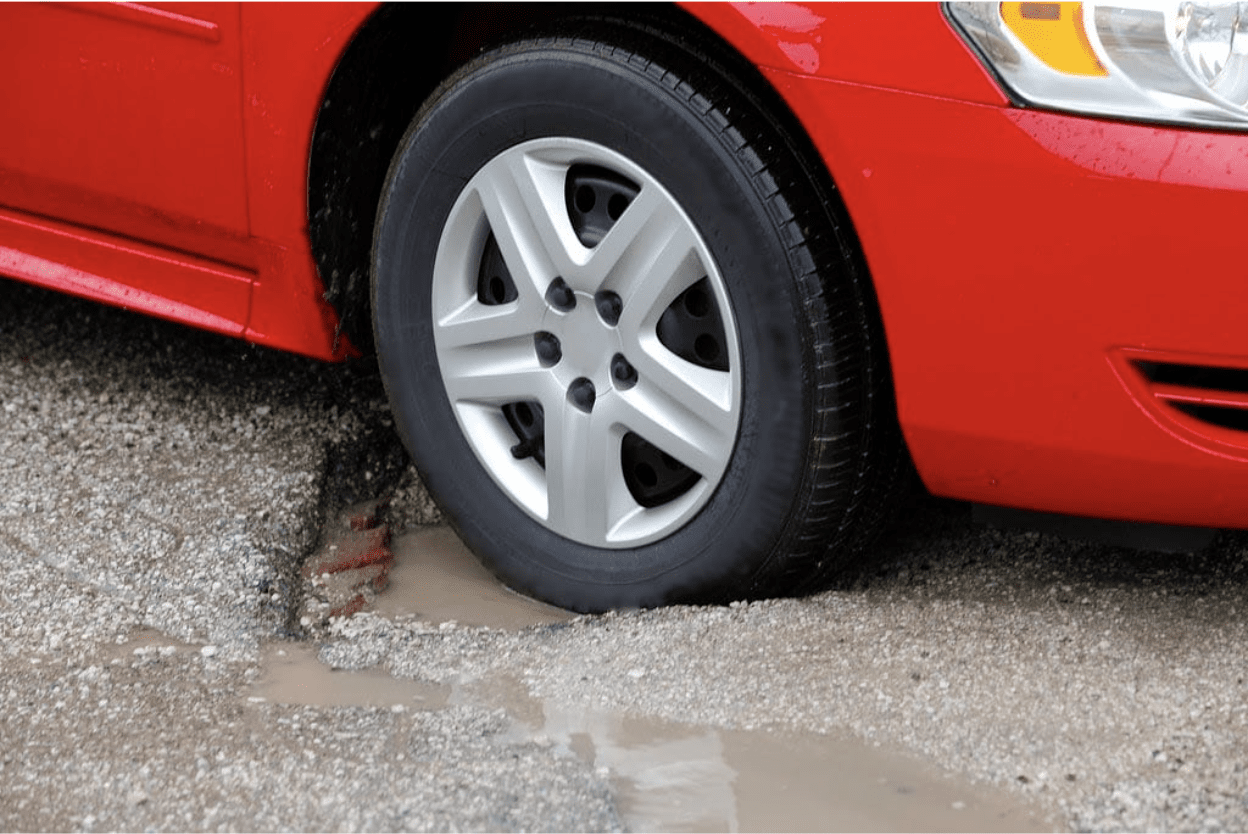
Asphalt parking lots are subject to heavy traffic flow with many vehicles executing tight turns that unravel the top layer of gravel. Asphalt parking lots are exposed to outdoor elements 24 hours a day, and many have to deal with extreme temperature fluctuations, rainstorms, and other potentially damaging factors.
Parking lot maintenance can be varied and extensive. It comes with the territory of owning a commercial parking lot.
Let’s take a look at 3 of the most common parking lot repairs, and how to best avoid them:
1. Raveling
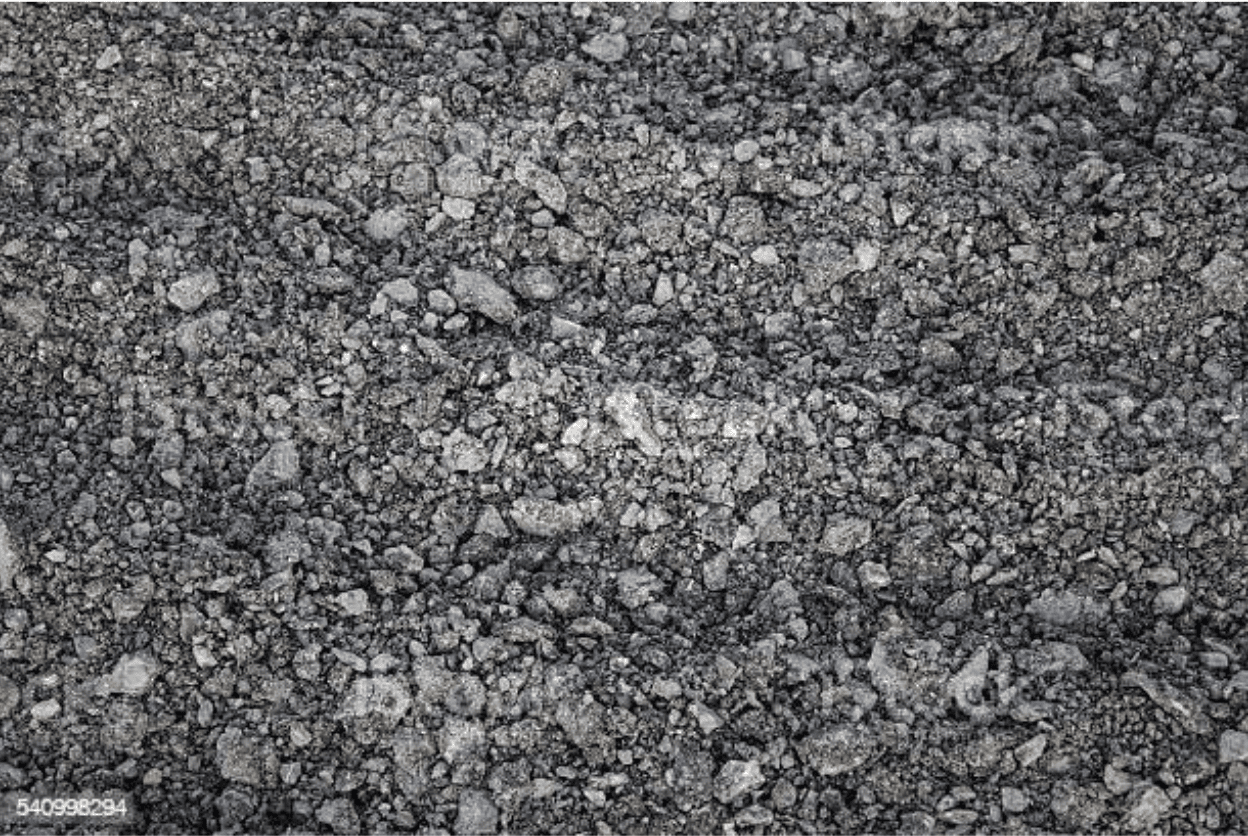
Asphalt lots have a top layer of gravel that’s been pressed into tar and allowed to dry.
Over time, though, the friction of turning tires and general traffic will knock the gravel loose. This is called raveling and it requires your lot to be resurfaced once it gets too pronounced.
Resurfacing is usually done once every 2-5 years anyway, but raveling can speed up that timeline. It can also require you to get your lot lines repainted if too much of the painted gravel has been knocked out of place.
2. Potholes
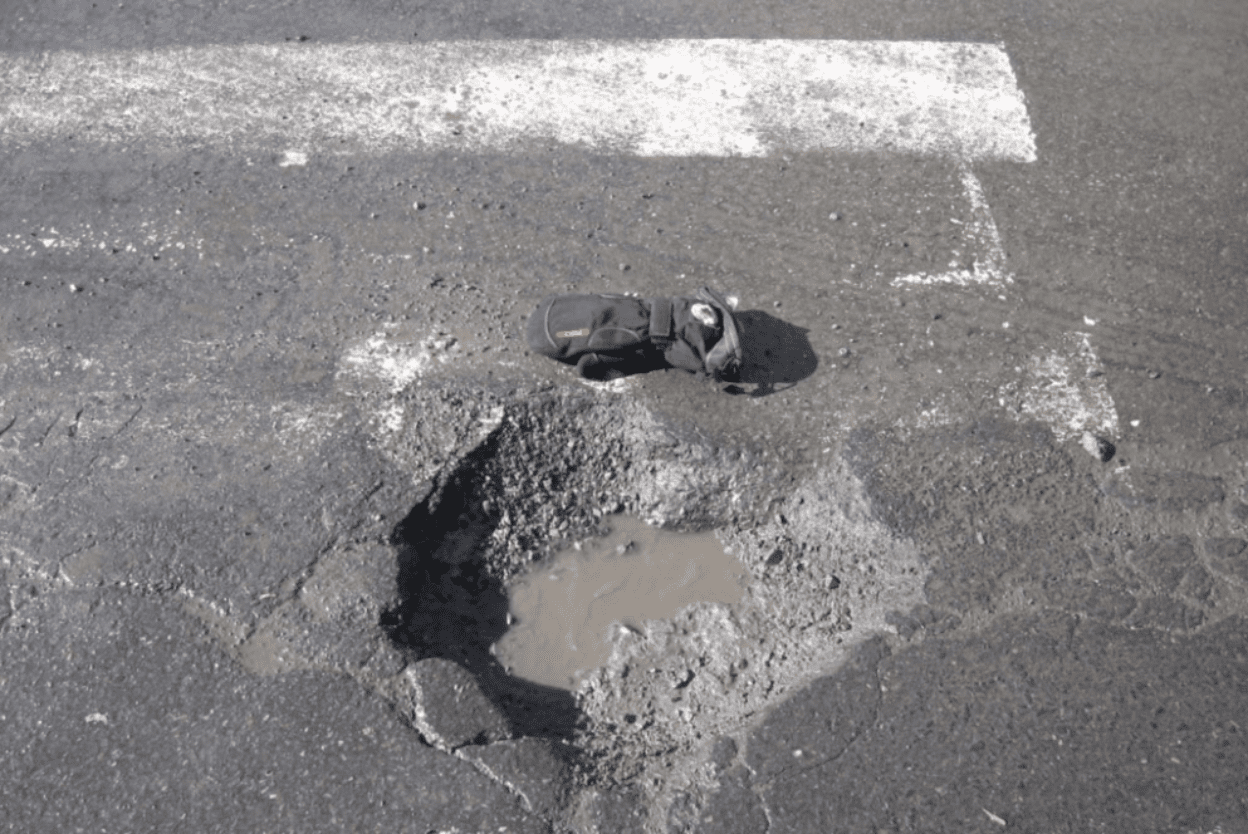
Potholes are one of the most common parking lot repairs that most people know about. Potholes are big, deep holes that develop when water is able to penetrate the surface. Over time, water erodes away at the asphalt, widening the crack it got in through, especially if the parking lot is subject to a freeze/thaw cycle.
Once it reaches the sub-base of soil, it washes that away quickly and leaves open space between the asphalt and the soil. Once the area is driven on too many times it will break and result in a big, deep hole in the surface of the asphalt, usually about the size of a cooking pot, hence the name.
Potholes are especially dangerous because people can step in them and break their ankles or suffer other severe injuries. They also wreak havoc on the suspension systems and axles of vehicles, potentially leading to a situation where you’re liable for damages caused.
3. Fatigue Cracks
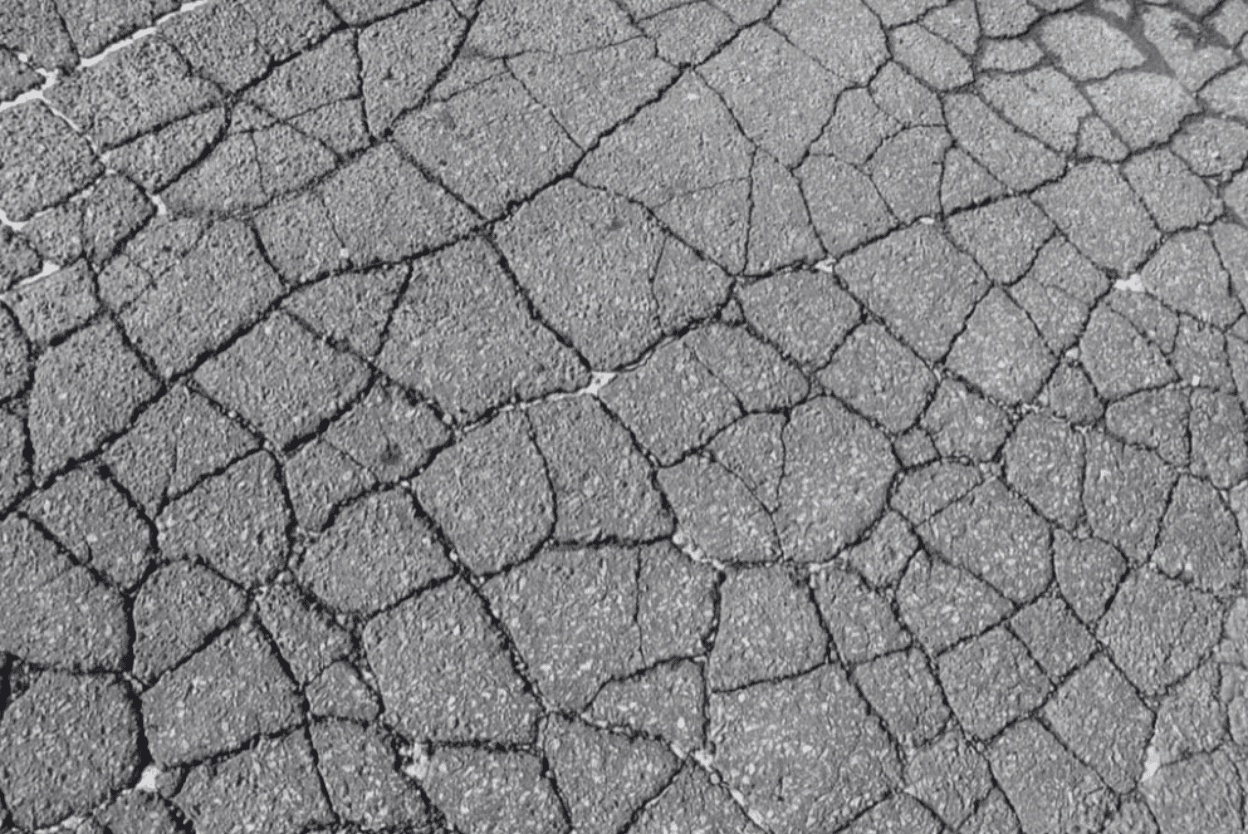
Fatigue cracks are something almost all of us have seen at one point or another in a parking lot. They appear as those little spiderweb-shaped cracks that almost seem to be a defining feature of any asphalt parking lot.
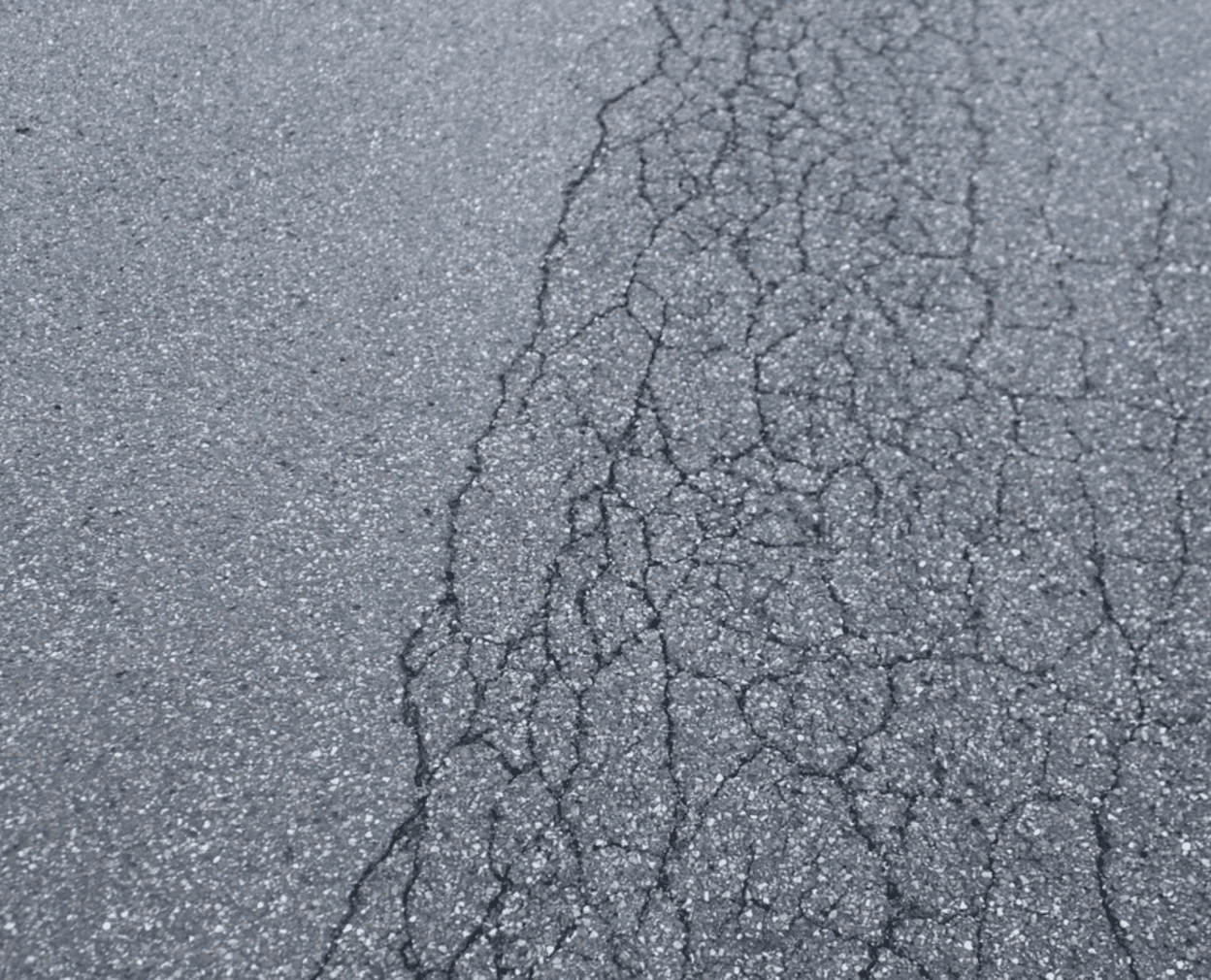
They are extremely common and are caused by water infiltration or improperly laid asphalt. If the parking lot isn’t perfectly laid at each level, it will lead to weight being unevenly distributed across the surface. The areas that take more of the weight will crack, leading to many little cracks that look like shattered glass.
How to Avoid These Common Parking Lot Issues
The easiest way to avoid the myriad of parking lot repairs that come with asphalt parking lots is to use a different material. Asphalt has too many vulnerabilities and requires too much maintenance to keep it in perfect condition. Even in perfect condition it still requires resealing and resurfacing every decade or so.
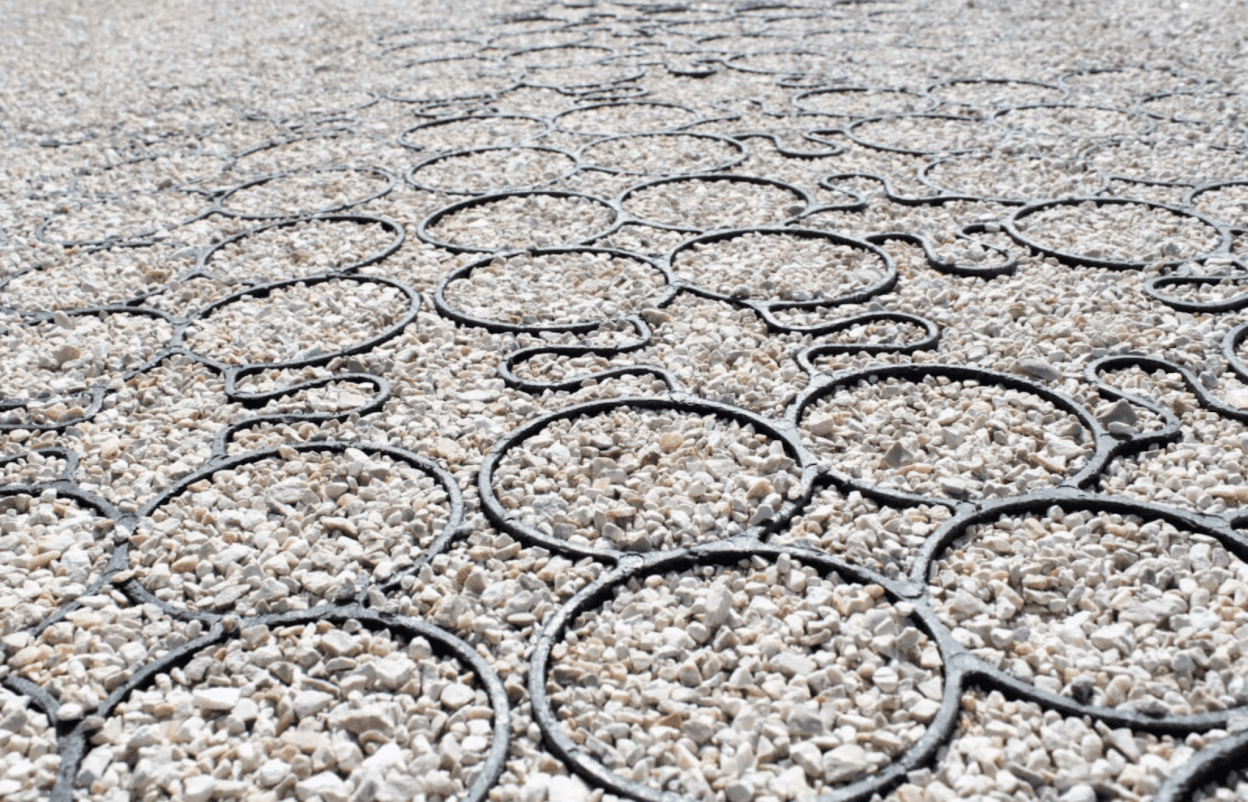
TRUEGRID permeable pavement is a far superior solution for parking lots. It’s durable enough to last 60 years without almost any maintenance at all. Made from 100%- recycled plastic, this eco-friendly paving product will stabilize your gravel of choice into a clean-cut, stylish parking lot that never requires repairs.
TRUEGRID PRO LITE and TRUEGRID PRO PLUS will both lock gravel into place over a sub-base of more gravel, facilitating excellent drainage. At 98%- permeability, these pavers eliminate the possibility of water infiltration or damage, draining every last drop into the soil beneath instead.
The installation process involves excavating the lot to a depth of 8 to 12 inches, placing a piece of fabric at the bottom of the lot to prevent gravel migration, and filling the pit with gravel before compacting it to a level surface.
Once the pit has been filled with drainage-friendly gravel, TRUEGRID PRO LITE or TRUEGRID PRO PLUS pavers are snapped together over the top and filled with gravel before being driven over with a heavy roller or vehicle. The entire installation process usually takes less than a day in most cases.
A TRUEGRID Parking Lot Will Last 60 Years with Minimal Maintenance
Parking lot repairs are expensive, costly, and time consuming. If you want to build an eco-friendly parking lot that will save you money, outperform asphalt or concrete, requires almost no maintenance throughout its lifetime, and will last up to 60 years while looking stylish and professional, call TRUEGRID today and get in touch with a pavement professional for a quote.



